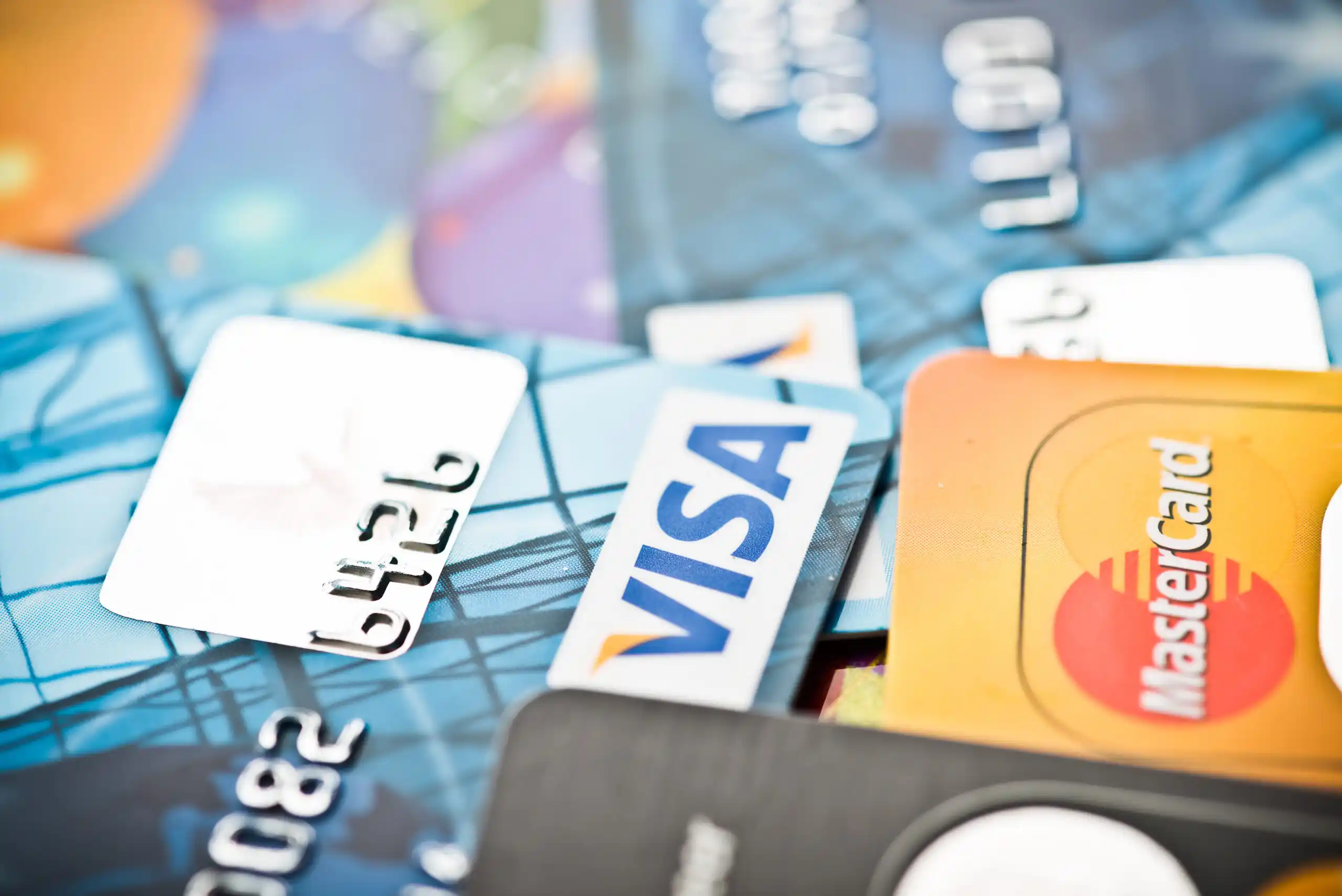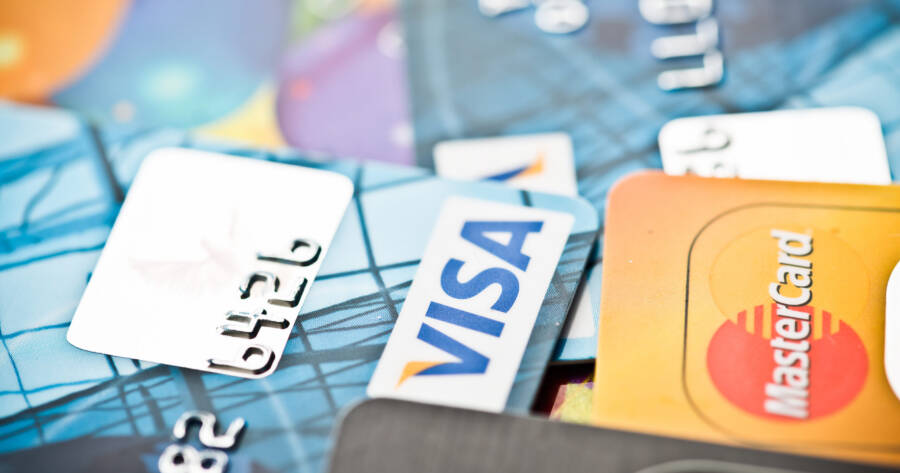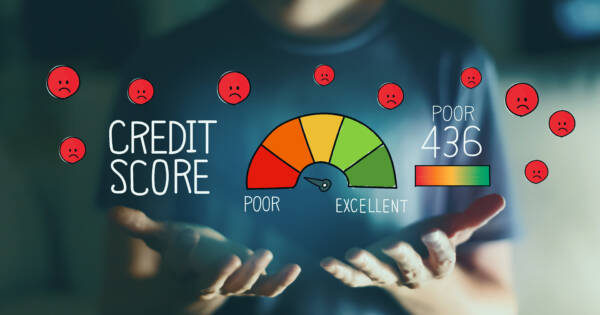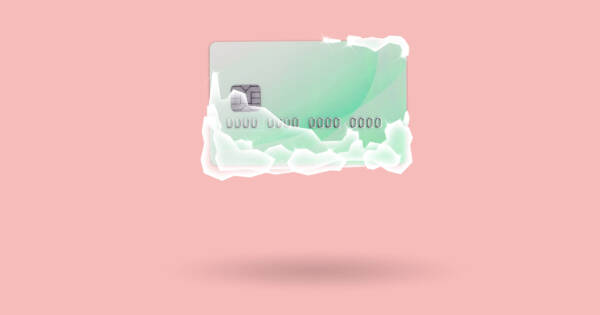Desperate times may call for desperate measures. But that doesn’t mean you should rush into any financial decisions, especially now. If your household is facing credit card debt, consolidation could be the answer you’re looking for. Knowing which particular method to choose, however, can be a confusing process. That’s where this article comes in. For many, a personal loan can help reduce the amount of debt paid over time. However, there are both benefits and costs associated with taking out a personal loan. We also know the process can be tricky. How do you know if a personal loan is right for you? And where do you find credible lenders willing to work with you?
By the end of this article, you’ll know more about not only whether or not a personal loan solves your credit card debt, but also how to obtain a personal loan and best practices for sticking to a plan and paying off your debt in full. The process will require some willpower on your part, but with the right tools, that credit card debt can be taken care of in relatively simple steps.
What is a Personal Loan?
Personal loans are most often unsecured, meaning you don’t have to put up collateral in order to obtain a loan. Instead, lenders will look into your financial history, at items such as your credit score, your debt-to-income ratio, and repayment history. Based on what they find, they’ll offer you an interest rate that can either be fixed for the length of the loan period, variable, or a mix of both.
In many cases, interest rates can be as low as (or lower than) 4.99% but can skyrocket up to 35.99% or more. Ideally, you want to obtain an interest rate lower than what’s on your credit card to make the most of a personal loan. Then, when you pay off your credit card balance with the loan, you’re decreasing the amount of interest owed over the lifetime of the loan.
Pros and Cons of Personal Loans
Financial experts will argue both sides of the coin when it comes to personal loans. Here are a few arguments from both sides:
Pros of Personal Loans
- Personal loans can be used to pay off virtually anything, with no restrictions necessarily.
- You can improve your credit score with a personal loan.
- Since your payments and/or interest is fixed, you’ll set a financial goal and have a debt-free point in time to look forward to.
- Move beyond minimum payments to a plan of action.
- You can borrow a lot or a little, depending on what you qualify for.
- Lenders have a variety of eligibility requirements that most people can qualify for.
Cons of Personal Loans
- Personal loans bring with them associated fees and penalties. Lenders are willing to work with you, but they’re going to want recompense for all that paperwork, too.
- Speaking of fees, late fees and credit score dings are a real thing with personal loans. Beware of this before you accept any loans.
- Not all lenders are your friend—or want to see you succeed. Do your due diligence.
- Personal loans take care of debt, but they don’t necessarily change your mindset. Curb your spending with a plan ahead of time—and stick to it.
At the end of the day, you have to prioritize your financial goals to land on one side or the other. Reading this article is just one of the many steps you can take to make that final decision.
Best Personal Loan Plans for 2020
Talking about personal loans is one thing, but what are the real-world implications? Well, here are just a few companies you can strategize with to help you achieve your goal of getting rid of that cruddy credit card debt.
- Social Finance (SoFi): Winning best overall in many reviews, SoFi also benefits those with good to excellent credit and offers unemployment protection.
- LightStream: Have good credit and looking to improve your home? LightStream offers generous repayment terms and low interest.
- Upgrade: If credit’s not your strong suit but you need money fast, Upgrade has you covered. They also don’t charge pre-payment fees.
- LendingClub: Small loans do well with LendingClub, especially if you’re using a cosigner. This company also offers peer-to-peer lending options.
- Payoff: Consolidating debt, especially from credit card charges, is Payoff’s specialty. Plus, they won’t charge you a fee for late payments.
- Upstart: Many of us have short credit history that doesn’t sit well with other lenders. Upstart welcomes you with stellar reviews of customer service as well.
- Marcus by Goldman Sachs: No origination fees characterize this lender, who’s also best for bank loans and debt consolidation.
- PNC Bank: PNC Bank offers both secured and unsecured personal loans. There are no origination, pre-payment, or annual fees either.
- Citizens Bank: Got debt accruing over $5,000 and good credit? Citizens Bank is rumored to have a quick application and disbursement process.
Now that you know how a personal loan can help you consolidate credit card debt, and you’ve got a list of a few people to call, what should your next steps be?
Obtaining a Personal Loan: Next Steps
First, it’s always good to know that there are alternatives still out there. If nothing felt right as you learned more about personal loans, consider some other options. There are balance transfers, home equity loans, or other kinds of debt consolidation. Your options are not limited.
If a personal loan feels right to you, then continue to do your research. Start by taking stock of your current situation. What is your credit score roughly? How much debt do you have in total? What monthly payment can you afford? Next, narrow down your list to a handful of lenders. Speak with representatives and ask questions to find out more about how their process works.
Many lenders may offer a pre-approval process. Pre-applying and/or applying with a lender may deduct a few points from your credit score. However, you shouldn’t have to pay for putting in an application with a lender, but ask before you do so.
After you’ve applied, compare offers. Make sure you look at the full picture, and read the fine print. What may seem like a good deal could have a nasty interest rate jump hidden behind a few months’ payments.
Signing up and receiving the loan isn’t your final step. Enact your financial strategy and pay on-time each month. And when that final payment comes and your debt has been paid in full, check your credit report fully: “Creditors should automatically inform the credit bureaus that your account is paid or current. However, mistakes and errors happen frequently.” Don’t let all those diligent payments go to waste.
Consider (All) Your Options
Personal loans can be a great way to handle credit card debt that’s gotten out of control. But you should approach this type of debt consolidation with caution. Use the opportunity to not only change your financial situation, but to boost your financial IQ as well. Expand your mindset to include investing and saving, so you can look forward to a happy financial future. It all starts with you.
 Shutterstock
Shutterstock







